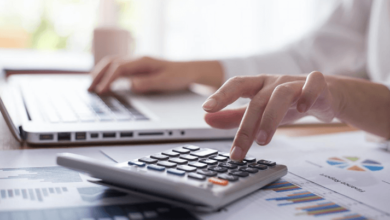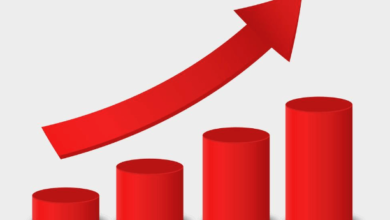Major Players In The Foreign Exchange Market

The Foreign Exchange market or the forex market is made up of several players. Every player has their own unique place in the market which may even determine price movements. With the coming of the internet, how forex market players exist, operate, and carry out trades in the system has changed drastically. Now that the internet allows them to access data much more easily, forex players are now able to offer their services in a simple yet efficient way.
Forex market players can be categorized on the basis of their market capitalization and sophistication. By sophistication, one means what kind of money management techniques they follow, how technologically advanced they are, and how much research or discipline they have.
Taking into account these two yardsticks, the six most important forex players would be:
- Commercial and investment banks
- Central banks
- Fund managers and hedge funds
- Businesses and corporations
- Online trading platforms
- Individual investors
Commercial and investment banks
Whether you’re a forex trader or not, you would be familiar with banks. People all over the world trust these financial entities with their money and thus they exist in a large number. Be it a commercial bank or an investment bank, their role in the forex market cannot be undermined. Banks trade forex with each other in the interbank market. These markets are based on magnanimous electronic networks that can handle the great volume of currency that banks trade. These financial banks dominate the forex market in terms of volume.
The primary purpose of banks that participate in the forex market is to lower forex-related risks for themselves and for their customers. They also do so to catapult the wealth-creation process of their stockholders. Every bank has a dealing desk that facilitates trade through hedging, arbitrage, or numerous other financial strategies. While these desks help in order processing, market-making, and managing risks, you must remember that one bank’s working policies are most likely to be different from another.
If your forex trading account is with a bank, as a dealer they would have a share in the bid-ask spread. This spread would indicate how much profit a bank makes in each trade.
Central banks
In any nation, the central bank represents the respective government and is the key monetary authority. Since these banks function under the state, they follow individual economic policies and also ensure that financial policies laid down by the government are implemented. Central banks also play a fundamental role in laying out strategies that keep economic shocks in check when currency values fluctuate. The ultimate aim of a central bank is to stabilise an economy and thus, they could even work to appreciate or depreciate currency values.
Another key role of a central bank is to lock its currency’s value and on the basis of this value, it is traded in the forex market.
Fund managers and hedge funds
While these play almost no role in determining or influencing currency values, fund managers and hedge funds operate transnationally. They have big investment portfolios and work with millions of dollars on a daily basis.
Primarily, hedge funds are created for portfolio growth and of course to earn profit. Hedge funds are great, low-cost investment options because they offer liquidity and leverage. Their focus is simply on big returns with minimum risk and to help their investors achieve this, they have investment charters.
Fund managers can have a variety of clients right from central bank authorities to individual investors, governments, and even pension funds. Mainly, these clients delegate the task of making investments to their fund managers. In the last few years, sovereign wealth funds have grown considerably. These funds look after and manage investment pools that are sponsored by governments.
Businesses and corporations
Unlike central banks, each player in the forex market cannot control currency prices. Not every player in the market is actually a market maker. However, the number of traders who are only there to purchase or sell currencies in the forex market should not be underestimated. Businesses and corporations contribute greatly to the volume of the total number of trades conducted every day.
By businesses, we do not always mean large-scale players. From multinational organisations to small-scale businesses, there are numerous examples of these in the forex market. How does one recognise these players? To do so, one has to look at their business policies and find out:
- What form of payment do they use for the goods and services required or sold through them?
- What is their conduct like when their business involves forex transactions?
In order to protect or ‘hedge’ their functions, commercial traders often resort to financial markets and thus minimise their risks.
Online trading platforms
Online trading platforms allow access to liquid funds as they carry out the task of matching orders. The brokerage also involves human elements right from the time when a new order is introduced to the trading system until it is matched by the platform with the right party. The technology that facilitates this is known as “Straight-Through-Processing”.
Individual investors
The forex market was once an exclusive zone for large organizations and entities. Now, as technologies advanced, it has seen a constant influx of individual investors also referred to as retail investors. Even though their market share and contribution might not appear significant, they are still a very important party of the forex market. To make their forex trading decisions, individual traders use a mix of fundamental and technical indicators that helps them pick the best of the lot.
To become an individual investor, you must have a registered forex trading account with a forex broker. These brokers are generally large-scale companies with commendable turnovers which in turn helps individual investors get access to the platform required to trade. Their infrastructure allows retail investors to enter and earn in the interbank market. You will discover that while forex dealers also take actions to minimize risks, their strategy is different from that of banks. To offset positions, brokers use their own data that backs pricing engines.




